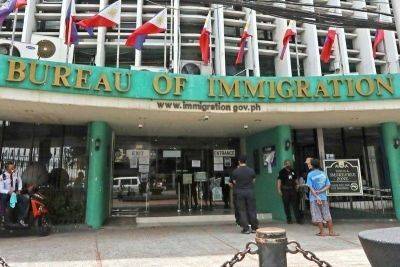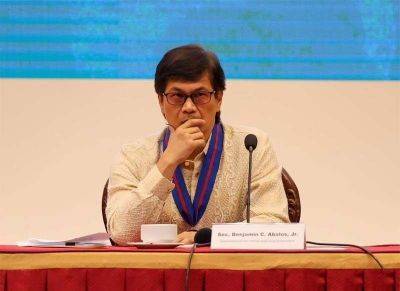Hungary bans teens from World Press Photo exhibition over display of LGBTQ+ images
People younger than 18 have been barred from visiting this year's World Press Photo exhibition in Budapest.
The move comes after Hungary's right-wing populist government determined that some of its photos violate a contentious law restricting LGBTQ+ content.
Showcasing outstanding photojournalism, the prestigious global photo exhibition's mission is to bring visual coverage of a range of important events to a global audience. It receives more than 4 million visitors from around the world every year.
However, a set of five photos by Filipino photojournalist Hannah Reyes Morales led a far-right Hungarian lawmaker to file a complaint with the country’s cultural ministry, which found that they violate a Hungarian law that prohibits the display of LGBTQ+ content to minors.
Now, even with parental consent, those under 18 are no longer allowed to visit the exhibition.
The photographs, which document a community of elderly LGBTQ+ people in the Philippines who have shared a home for decades and cared for each other as they age, depict some community members dressed in drag and wearing make up.
Joumana El Zein Khoury, executive director of World Press Photo, called it worrisome that a photo series “that is so positive, so inclusive,” had been targeted by Hungary’s government. It was the first time that one of the exhibitions had faced censorship in Europe, she said.
“The fact that there is limited access for a certain type of audience is really something that shocked us terribly," Khoury told The Associated Press. “It’s mind-boggling that it’s this specific image, this specific story, and it’s mind-boggling that it’s happening in Europe.”
The move to bar young people from the exhibition was the latest by Hungary's government, led by nationalist Prime Minister Viktor Orbán, to restrict the availability of materials that promote or depict homosexuality to minors in media, including television, films, advertisements and literature.
Dora Duro, the far-right lawmaker who filed the complaint over the photos, said she was outraged when she visited the exhibition, and rejected claims that the government's decision limited freedom of the press or free expression.
“How the LGBTQ






